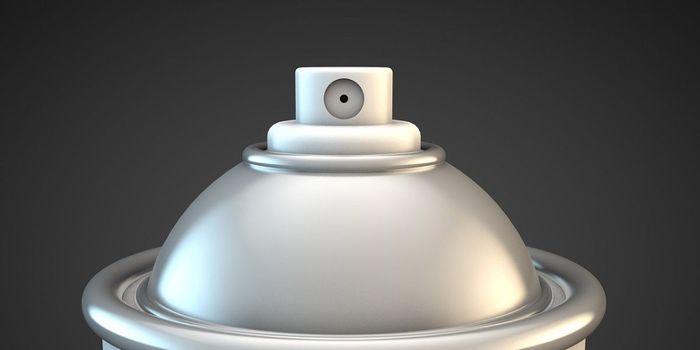Study Suggests that Terminally Exhausted T cells can be Rejuvenated
Our immune cells can target cancer, but T cells can become worn out and exhausted during lengthy battles, and they may stop functioning correctly when that happens. Some immunotherapy drugs can boost the immune system, but it's been thought that after a certain point, T cells could not be rejuvenated any longer. New research has suggested that even terminally exhausted T cells can be revived, however. The findings have been reported in Science Immunology.
"People think about terminally exhausted T cells as a lost cause, that there's no coming back from this state," said co-senior study author Amanda Poholek, Ph.D., an assistant professor at the University of Pittsburgh, among other appointments. But of these cells are given the T cell's version of rest, they are able to come back. "This finding could have incredible potential for immunotherapy."
In this study, the researchers used a mouse model of melanoma to characterize T cells as they gradually became more exhausted; epigenetic markers on the genomes of these cells were analyzed. Some parts of the DNA of T cells that were terminally exhausted had opened up, which normally would suggest that genes in that region were active. But in this case, no gene activity was observed in those places. T cells that are fighting tumors may eventually start to lose some functions, which may be due to a loss of proper gene expression.
T cells are fully activated when a receptor is bound, and another stimulatory signal is received. This research suggested that terminally exhausted T cells have lost that extra stimulation. But when an antibody was added, which binds to another receptor called 4-1BB, some gene expression was restored, and T cell activity was enhanced. Even T cells that appeared to be terminally exhausted were able to regain some functions.
"We expected to find exhausted T cells with epigenomes damaged beyond repair, that they were goners," said Poholek. "So, we were really surprised to find that these cells had the potential for recovery."
This study also showed that there were low levels of oxygen in the tumor microenvironment, which disrupts gene expression. The scientists reprogrammed T cells so they would no be impaired by hypoxia, and the cells then became more functional.
It may be possible to stimulate terminally exhausted T cells through co-stimulation, or by engineering CAR-T cells that resist the effects of hypoxia, added the researchers.
Sources: University of Pittsburgh, Science Immunology









